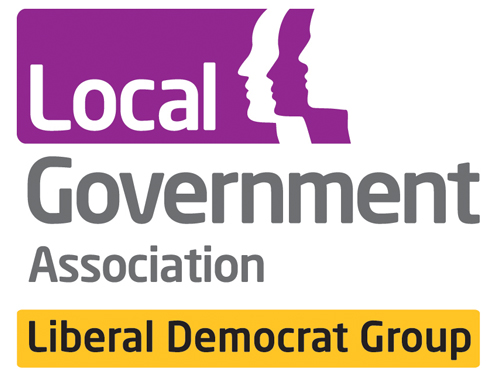
Nearly half of all bus routes in England currently receive partial or complete subsidies from councils and are under threat, the Local Government Association has warned.
Councils in England face an overall funding gap that is expected to exceed £5 billion in 2020. Faced with ongoing and significant funding pressures, the LGA said councils will struggle to maintain current subsidies for bus routes across the country.
This could leave our most vulnerable residents isolated and unsupported, as well as cause increased congestion and poorer air quality in local communities.
Cherished bus services and routes in some areas will continue to fall unless councils are given the powers and funding to protect them.
- Since 2013/14 there were more than 297 million fewer journeys across the country in 2017/18 – a decrease of 6.4%.
- The operating cost per passenger journey outside of London has increased by six pence between 2012/13 and 2016/17, which represents a total operating cost of £3,055,220,000. Figures were not available for London.
- Between 2013 and 2017, the number of vehicles on the road has increased from 29,692,300 to 32,153,200, an increase of 2,460,900 or 7.7%.
The LGA is calling on the Government to urgently address the growing funding gaps facing local services.
The Government also needs to fully fund the concessionary fares scheme. The LGA said councils are spending at least £200 million a year to subsidise the scheme – which provides free, off-peak, travel for elderly and disabled residents.
Giving councils control over the Bus Service Operators’ Grant, a fuel duty rebate currently paid directly to bus operators, would also enable councils to protect vital bus routes, and give them the funding they need to provide an effective and efficient bus service.
Cllr Howard Sykes, LGA Lib Dem Group Leader, said:
“Buses provide a vital service for our communities and a lifeline for our most vulnerable residents to go shopping, pick up medication, attend doctor appointments or socialise with friends. Councils know how important buses are for their residents and local economies and are desperate to protect them.
“It’s nearly impossible for councils to keep subsidising free travel while having to find billions of pounds worth of savings and protect other vital services like caring for the elderly and disabled, protecting children, filling potholes and collecting bins. Faced with significant funding pressures, many across the country are being forced into taking difficult decisions to scale back services and review subsidised routes.
“The way the concessionary travel scheme is funded by government has not kept up with growing demand and cost. Councils are being forced to subsidise the scheme by at least £200 million a year.
“By giving councils control over the Bus Service Operators’ Grant, and properly funding national free bus pass schemes, the Government could help us maintain our essential bus services, reduce congestion and protect vital routes.”
NOTES TO EDITORS
The total number of bus routes currently receiving Local Authority subsidy for England:
- Full subsidy – 8,138 / 29%
- No subsidy – 15,634 / 56%
- Partial subsidy – 3,987 / 14%
Total bus passenger journeys in England (millions):
- 2012/13 – 4,570
- 2013/14 – 4,673
- 2014/15 – 4,627
- 2015/16 – 4,508
- 2016/17 – 4,438
- 2017/18 – 4,376
Increase in operating cost per passenger journey (England outside London – figures for London unavailable):
- 2012/13 – 133
- 2013/14 – 135
- 2014/15 – 137
- 2015/16 – 140
- 2016/17 – 139
Total operating cost for buses in England outside London:
- 2016/17 – 3,055,220,000
Total vehicles in England (thousands):
- 2017 – 32,153.2
- 2016 – 31,763.0
- 2015 – 31,047.3
- 2014 – 30,361.4
- 2013 – 29,692.3
- 2012 – 29,274.8
ENDS